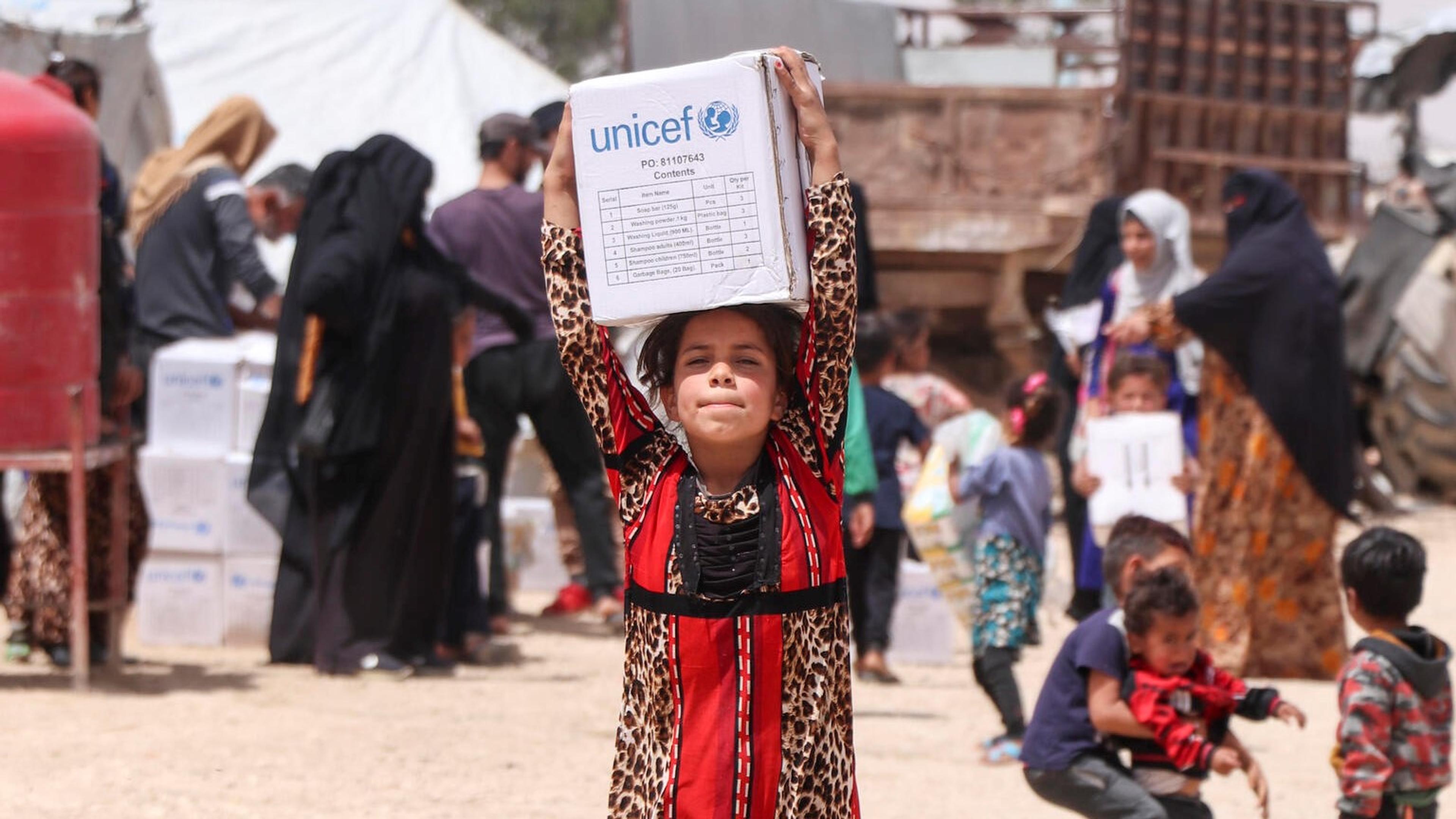Kits that Fit: Putting Dignity and Choice at the Heart of Humanitarian Aid
 © UNICEF
© UNICEFScope of the Project
Launched in 2023 with support from the Humanitarian Innovation Programme, “Kits that Fit” set out to transform the delivery of humanitarian aid kits. Moving beyond generic, globally sourced packages, the initiative promotes kits that are:
- Tailored to local needs
- Sourced locally whenever possible
- Continuously refined through user feedback
The project began with WASH (Water, Sanitation, and Hygiene) kits in Kenya and the State of Palestine and expanded to eight additional countries: Bangladesh, Egypt, India, Malawi, Nepal, Nigeria, Türkiye, and Ukraine. In each location, the methodology was adapted to fit the local context, with community input guiding kit design, procurement, and distribution.
Lessons Learned and Impact
Over the course of the project, several key insights emerged:
- User feedback improves impact: Listening to communities shifted the focus from outputs to outcomes, resulting in kits that were more relevant and dignified.
- Choice empowers recipients: Pilots showed that offering limited choice is feasible and boosts satisfaction while supporting local suppliers.
- Contexts vary widely: Combining digital and qualitative tools enabled flexible, evidence-based kit design.
- Internal coordination is key: Strong data systems and cross-sector collaboration helped turn insights into action.
- Innovation-friendly procurement as a key tool for change: With both financial and technical backing from Innovation Norway, UNICEF has used innovation-friendly procurement tools to engage local suppliers who can help reduce lead times and increase relevance for end users.
Highlights:
- In Kenya, families received tokens to select items locally, promoting dignity and market engagement. Feedback was gathered via surveys and digital tools like INFORM and YunitoK. The market dialogues identified barriers suppliers face in accessing UNICEF tenders.
- In the State of Palestine, 14 585 kits were distributed. Feedback from 54 girls were collected using tools like RapidPro, QR codes and focus group discussions. The feedback helped adapt menstrual hygiene and newborn kits, whilst assisting people affected by acute conflict.
- In Ukraine, inappropriate items were removed from dignity kits based on community feedback.
- In Türkiye, insights from focus groups and AI surveys led to three tailored kit versions for families, mothers, and babies.
To date, over 1 million people have received customized kits, and another 1 million have been invited to provide feedback.
The Way Forward
With the HIP-funded phase concluded, UNICEF is preparing to scale and institutionalize the Kits that Fit approach. Plans include:
- Scaling to eight new countries and expanding to new programmatic areas.
- Shifting from response to preparedness, gathering community input before disasters strike.
- Institutionalizing the approach within UNICEF’s broader UNICARE platform for service feedback.
- Sharing the model with other UN agencies and humanitarian organizations.
Project Partners
UNICEF Office of Innovation, UNICEF Supply Division, UNICEF Office of Emergency Operations, Kenya Country Office, State of Palestine Country Office, Humanitarian Logistics Association (HLA).